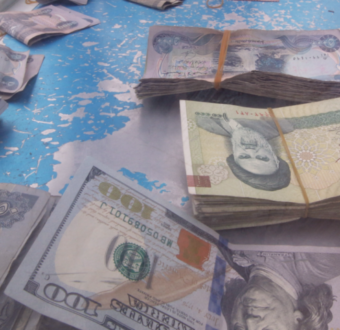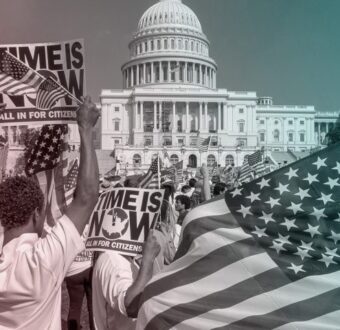IGA Opinion Video Featured on the New York Times Homepage
On Veterans Day, we teamed up with The New York Times to produce a video lifting up the voices of post-9/11 veterans who oppose the continuation of the war in Afghanistan. After all, one way to honor the service of veterans is to listen to their stories. As that war recently marked its 18th anniversary, the Institute for Global Affairs (IGA) noticed polls show veterans were more likely than the general public to support ending the war. A majority of veterans believe America’s longest war was not worth fighting, and 84 percent believe the occupation of Afghanistan has gone on too long. IGA was curious to understand why, and found five veterans from diverse backgrounds and points of view to share why they support withdrawal. This is part of our mission to make public debates about US. foreign policy more inclusive and accessible.
One of the primary frustrations veterans expressed was the self-defeating nature of the mission itself — that the skills needed to vanquish the enemy and the skills needed for democratic nation building are often at odds. From their vantage point, America cannot achieve a political outcome with military power.
Veterans also questioned the wisdom of taking responsibility for peace in a country which has been in a civil war for decades. The US has created war zones and refugees, one veteran said, and has given false hope to a nation whose internal dilemmas America will never be able to solve. Our military presence there creates new resentments and this likely makes the United States less – not more – safe, according to him. Another seeks more active diplomacy balanced with targeted military deterrence. After a generation of fighting, he points out the Taliban is as strong as it’s been since the war began.
Withdrawal from Afghanistan may not lead to peace in the short term. Whether we leave tomorrow or ten years from now, according to one veteran, peace will not be achieved unless and until the Afghan people work out an Afghan solution to an Afghan problem.
This video includes references to the Eurasia Group Foundation, now known as the Institute for Global Affairs.
This post is part of Independent America, a research project led out by IGA senior fellow Mark Hannah, which seeks to explore how US foreign policy could better be tailored to new global realities and to the preferences of American voters.





